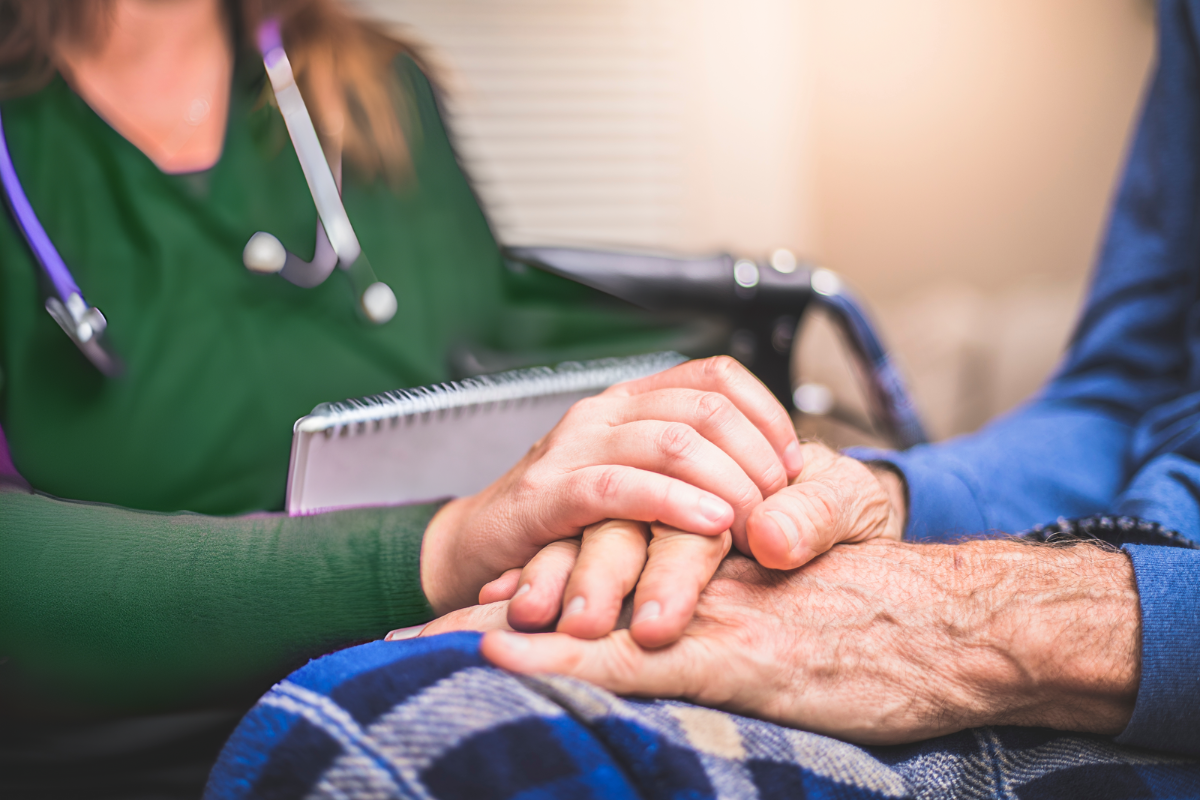Dealing with the Crisis of Prolonged Isolation
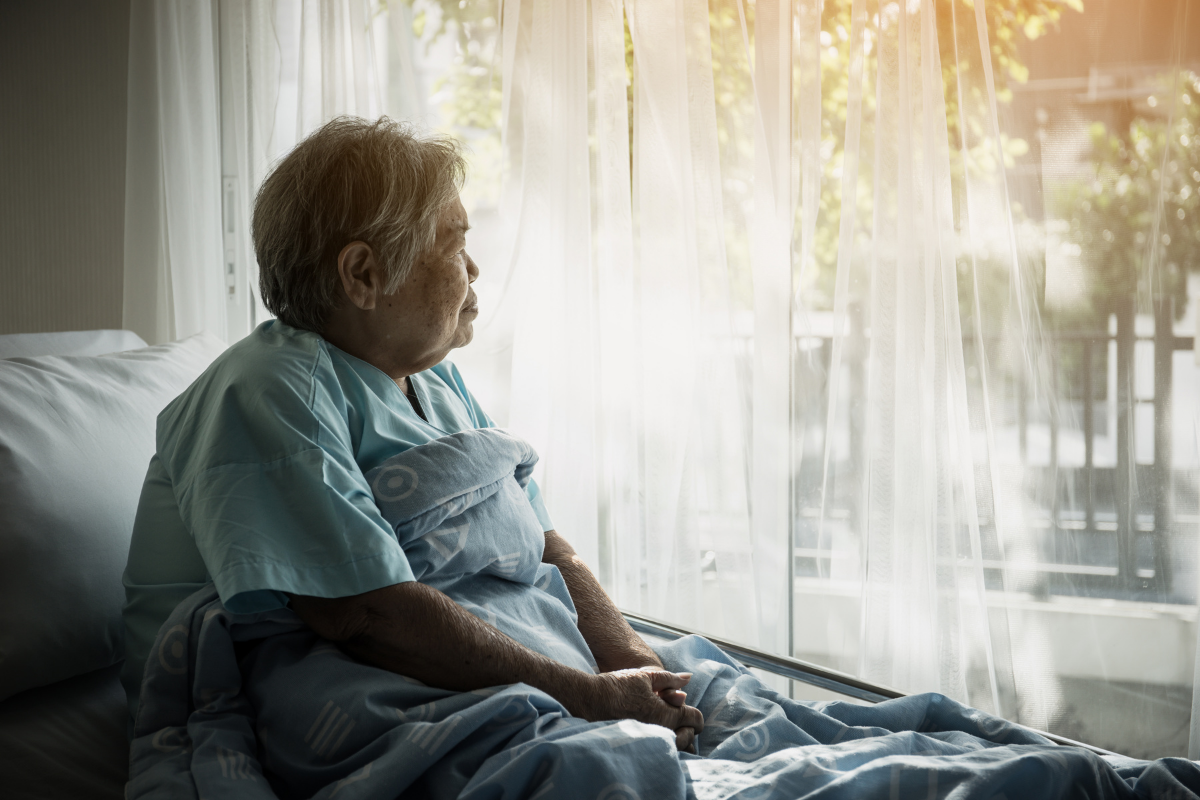
Even before COVID-19, social isolation has been a serious health concern in seniors. Some researchers have called loneliness as bad for your health as smoking 15 cigarettes a day. But with coronavirus precautions stretching into another season, it can be hard for seniors to see a light at the end of the social distancing tunnel.
For over six months, seniors have been staying home, socially distant from the family, friends, and community groups that kept them active and engaged before the pandemic. These COVID-19 safety guidelines have protected them from the virus, but they’re now more isolated and inactive than ever before.
We all need to take the effects of senior social isolation seriously and work to minimize the unintended consequences.
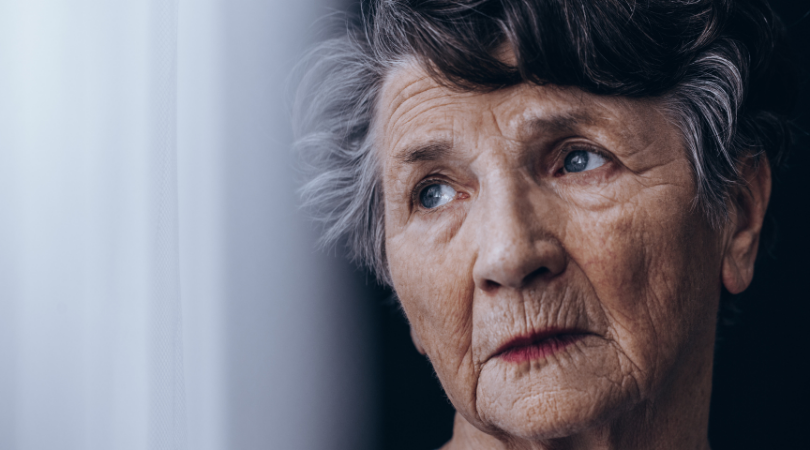
Understanding the Health Effects of Social Isolation
Social distancing restrictions were never meant to hurt seniors, but limited physical interaction has exacerbated health risks and reduces the important connections that allow seniors to thrive.
Without meaningful social interaction, cognitive function can decline. As weeks of social isolation have stretched into months, seniors have been extra susceptible to depression, anxiety, and even suicidal thoughts.
In addition, remaining at home reduces physical activity and can lead to unhealthy eating. Without regular exercise, seniors can gain weight and see adverse effects in their heart and lungs. As those muscles weaken, seniors can lose their sense of balance and become more prone to falls. With poor dietary habits, chronic illness can be adversely affected by conditions like higher blood sugar and increased cholesterol.
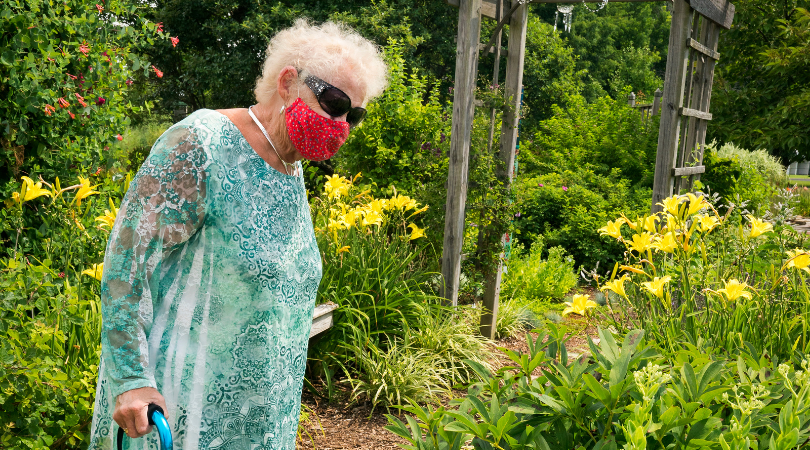
How Seniors Can Protect Themselves
It’s important that seniors take steps to stay active and engaged. Here are some ways seniors can take their social health into their own hands:
- Organize your day. It’s important to stick to a regular schedule. Get up at a regular time, get dressed, and plan activities you can do at home like reading, puzzles, home repairs, cooking, calls with family and friends, or online classes.
- Stay active. Even if you can’t leave your house, you can still exercise inside your home. The National Institute on Aging offers free videos on their YouTube Channel with exercises for balance, flexibility, and strength building.
- Reach out to other seniors. You’re not the only one feeling isolated and lonely. Reach out to friends who live alone and may need to hear a friendly voice on the phone as much as you do.
- Get out safely. There are ways to safely leave your home during the pandemic. If you wear a face covering, stay at least six feet away from other people, and wash your hands frequently, you can find ways to socialize with others who are also wearing masks and taking precautions to protect you and themselves. Go for a walk around your neighborhood or plan a meal with family where they eat in the dining room and you set yourself up with a table in the next room. It’s not ideal, but the time together will lift everyone’s spirits.
- Be open to new ways of connecting. If friends or family members want to try connecting through video chats, Zoom meetups, or in-home tools like Alexa Show, give it a shot. Try taking online classes that match your interests. You’ll learn new things and get to socialize with new people. People want to help seniors stay socially connected, so meet them halfway and be willing to try.
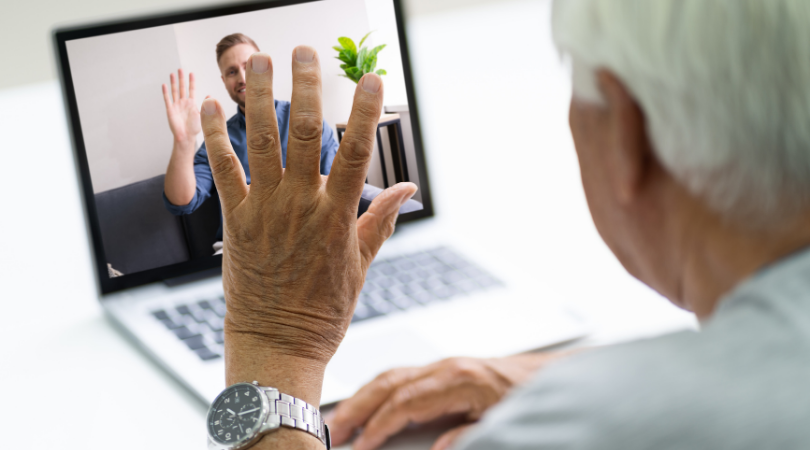
How Families and the Community Can Help Seniors
It’s essential that families and neighbors step up to ensure that seniors in their life and community are getting the social interaction they need. Here are a few ways you can help:
- Call them. Once-a-week or once-a-month phone calls may have been enough in the past, but right now, seniors need more frequent calls to stay socially connected. Encourage other family members who are in less frequent contact to reach out as well. Isolated adults will appreciate calls from nieces, nephews, and family friends they don’t hear from as often. It’s a great reminder that many people love them.
- Plan safe activities. Find ways to follow COVID-19 precautions while still spending time with loved ones. Arrange for window visits or socially distant outdoor hangouts. Invite them over for a meal with family members spaced out into different rooms so you can still break bread together. Even though the restrictions make things challenging, it’s worth the effort to find ways to get time together while following the necessary precautions.
- Get creative with activities seniors can do at home. Set your loved one up with puzzles, sewing projects, and crafts that can help them fill their day. Drop off a journal where they can write stories, share their life story, record favorite recipes, or share home improvement tips. It helps them now and will likely become a family treasure for years to come.
- Check in on other seniors in the community. You may be doing all you can for your family, but what about your isolated neighbors? Make an effort to reach out to extended family members, neighbors, and seniors in local nursing homes and assisted living facilities. We’re all in this together and your kindness could be the thing that turns someone’s day around.
Crossroads Hospice & Palliative Care has been able to visit and provide support to chronically and terminally ill patients throughout the COVID-19 pandemic. To learn how our services are benefiting vulnerable seniors during these difficult times, please call 1-888-564-3405.
If you found this information helpful, please share it with your network and community.
Copyright © 2020 Crossroads Hospice & Palliative Care. All rights reserved.


